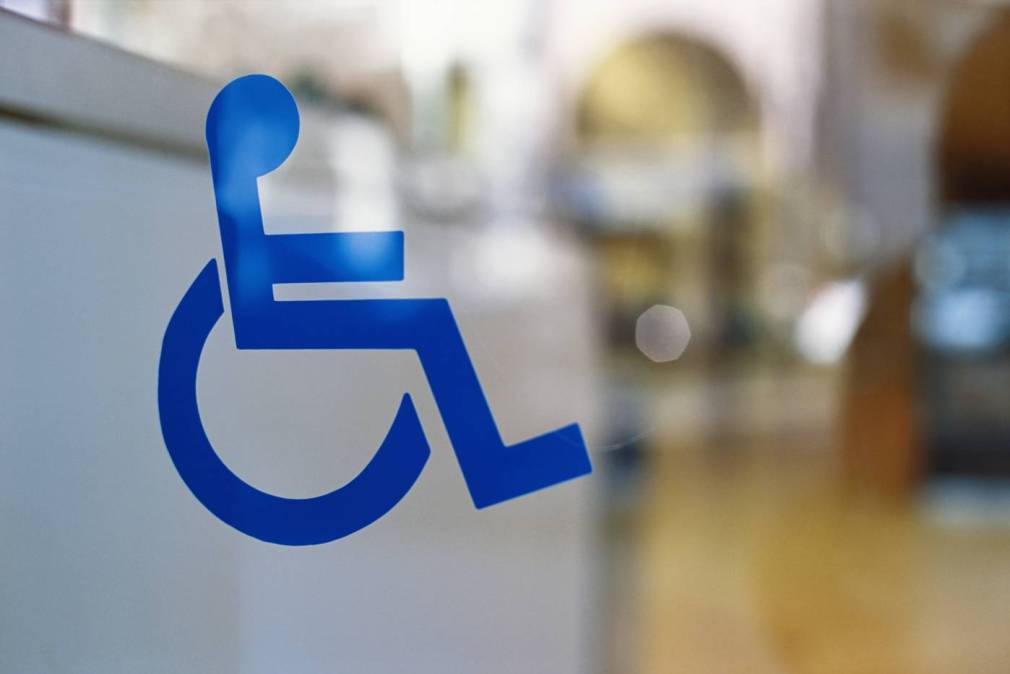Ohio expands 911 database to better aid people with disabilities

This week, Ohio Gov. Mike DeWine signed new legislation that makes it easier for people with disabilities to be identified in emergency situations, providing police, firefighters and paramedics with additional context during incident response.
House Bill 144, also called Keith’s Law, expands the state’s Communication Disability Database — a tool that helps 911 dispatchers and first responders know when someone they’re helping may have a disability that affects how they communicate or respond, reducing misunderstandings during emergencies.
“More information is always going to be better for those who are responding to help in a crisis situation,” said Kevin Miller, director of Opportunities for Ohioans with Disabilities. “In any setting, if you ask, Does anybody know someone or a family member with a disability? You always see the hands go up.”
Under Keith’s Law, all countywide 911 systems in Ohio can access the expanded database. In addition, any person with a disability can choose to register, whereas previously only certain types of disabilities or agencies could be included.
Miller said that while the goal of the database is to improve inclusivity and accessibility, it’s critical that the decision to register remain voluntary.
“I think individuals disabilities also are worried, like, if there’s something so obvious out there on my vehicle, then I could potentially become a target,” Miller said. “It’s not subject to public records and it doesn’t list what your disability is. It just has to be signed off on by a medical professional.”
April Heinze, chief of 911 operations at the nonprofit National Emergency Number Association, said building trust is an important component of the new law.
“Law enforcement agencies that are very community-driven will have engagement events to talk about these types of databases and why they’re important and how you can provide that data, and how that data can be accessed,” Heinze said. “That not just anybody can have access to it and you’re not going to be discriminated based on the data.”
Heinze said databases like Ohio’s also support emergency planning and disaster preparedness by flagging addresses of individuals with disabilities, ensuring responders are better equipped to assist them in case they need more help, equipment or resources to safely evacuate.
“You have homebound individuals who cannot get out of bed or maybe they’re wheelchair-bound,” she said. “In the event that there is an emergency, these are things that are very important to know.”






